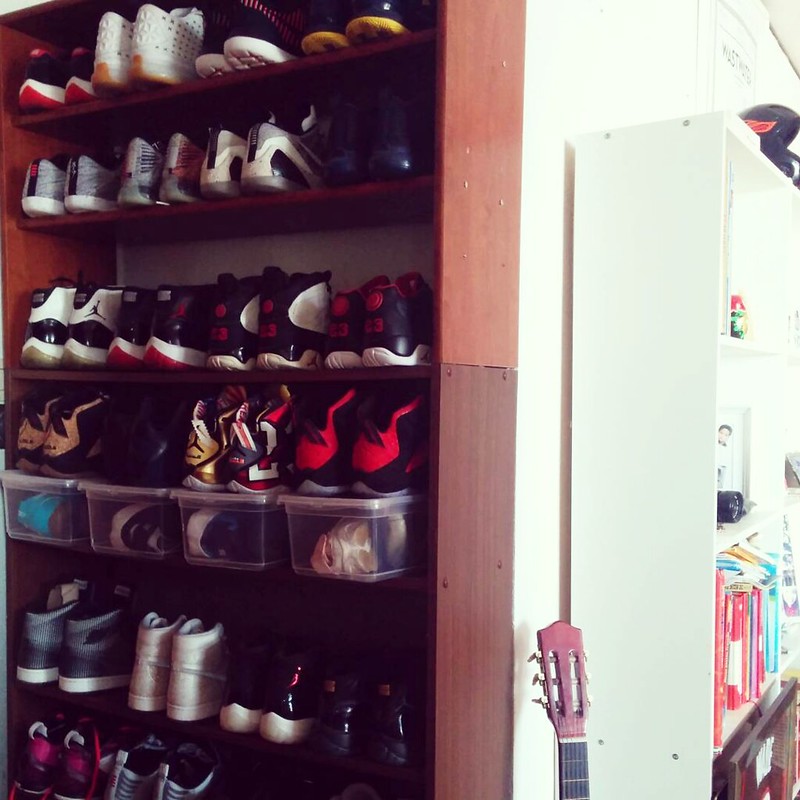Table of Contents
CAUSES
- chemical imbalances in the brain, either hereditary or situational
- alcohol or drug abuse
- traumatic life events such as death, abuse, or loss
- stressful situations
- social isolation
- medical conditions such as cancer, hypothyroidism, prolonged pain
- sleeping disorders
SYMPTOMS
- Agitation, restlessness, and irritability
- Feelings of hopelessness and helplessness
- Feelings of worthlessness, self-hate, and inappropriate guilt
- Dramatic change in appetite
- Extreme difficulty concentrating
- Fatigue and lack of energy
- Inactivity and withdrawal from usual activities
- Trouble sleeping or excessive sleeping
- Thoughts of death or suicide
TESTS
A doctor would create a patient profile to determine what factors are causing depression. This would include events, past or present, that may significantly affect a person’s perception. Laboratory tests would also be conducted to rule out medical conditions or illnesses that may be causing the mood disorder. To check the degree of depression, Beck’s Depression Scale may be used.
TREATMENT
Antidepressant Drugs(always consult your doctor before taking any medication)
- St. John’s wort – an over-the-counter herb which may help relieve mild depression
- Selective serotonin re-uptake inhibitors (SSRIs) such as fluoxetine, sertraline, paroxetine, fluvoxamine, citalopram, and escitalopram
- Serotonin norepinephrine reuptake inhibitors (SNRIs) such as desvenlafaxine, venlafaxine, and duloxetine
- tricyclic antidepressants
- bupropion
- monoamine oxidase inhibitors
- antipsychotic medications for those with psychotic symptoms, such as delusions or hallucinations
Counseling
- Talk therapy
- Support Groups
Clinical Procedures
- Electroconvulsive therapy (ECT)- seizures are electrically induced in anesthetized patients for therapeutic effect and treatment for severe depression which has not responded to other treatment
- Transcranial magnetic stimulation (TMS) – uses high frequency magnetic pulses that target affected areas of the brain
PREVENTION
- Take medications correctly and learn how to manage side effects
- Exercise more, seek out other activities that bring you pleasure
- Maintain good sleep habits
- Avoid alcohol and illegal drugs
- Talk to someone you trust about how you are feeling
- Surround yourself with caring people who have positive-outlooks
- Volunteer or get involved in activities in the community

Click here for more information on depression.




Leave a Reply